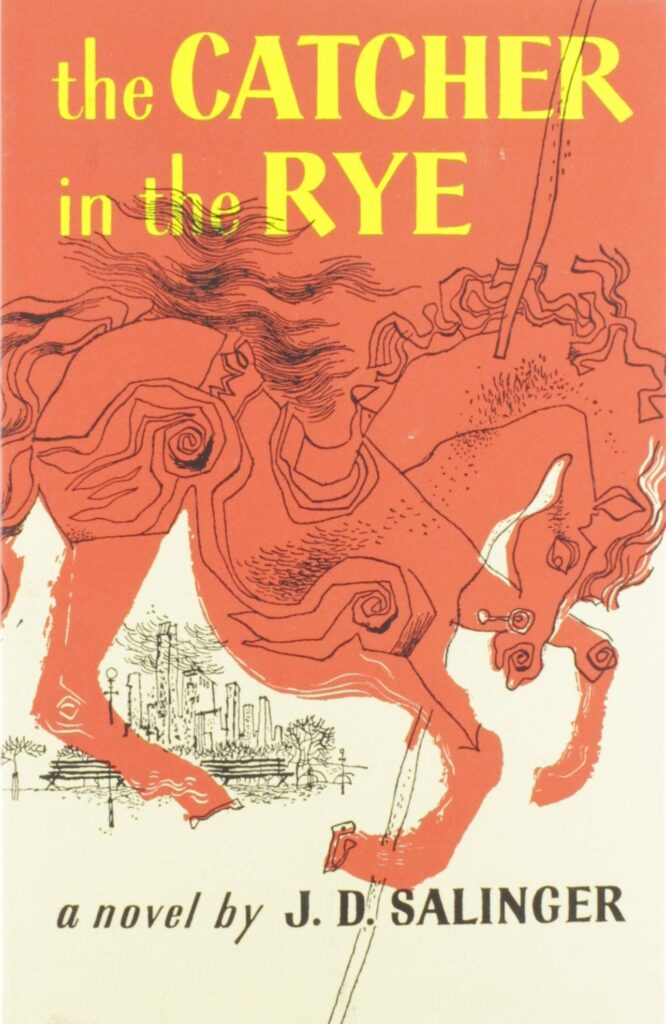
Who doesn’t love a good linguistic gaffe now and then? They’re unexpected, they’re funny, and best of all, they remind us that language is a wonderfully wacky world to explore.
Today, we’ll delve into one of the most comical corners of communication: the malapropism. From characters in classic literature to modern celebrities and politicians, malapropisms have tickled our funny bones for centuries. So sit back, buckle up, and prepare to chortle as we embark on a tour of 20 famous examples of these hilarious linguistic blunders.
What is a Malapropism?
A malapropism is the use of an incorrect word in place of a word with a similar sound. This can occur unintentionally or for comedic effect, often resulting in a nonsensical and humorous utterance.
For instance, imagine saying someone is “amphibious” when you mean they’re “ambidextrous” – amusing, isn’t it? The term derives from a character named “Mrs. Malaprop” in Richard Brinsley Sheridan’s 1775 play “The Rivals.” Mrs. Malaprop frequently misused words to humorous effect, using words that sounded similar to the ones she intended but carried entirely different meanings.
The Fun of Malapropisms
Although humorous malapropisms often attract the most attention, bland malapropisms are common in speech and writing as well. There’s a particular joy in spotting these little linguistic mix-ups, a testament to the quirky complexity of language.
Malapropisms differ from other kinds of speech or writing errors like eggcorns or spoonerisms, and they often maintain the part of speech of the originally intended word. They also tend to have the same number of syllables and the same metrical structure as the intended word or phrase.
So, while a malapropism might initially confuse us, it also cleverly mirrors the rhythm and structure of the “correct” language.
Now that we’ve got a handle on what malapropisms are and why they’re so entertaining, it’s time for the main event. We’ve compiled a list of 20 famous examples of malapropisms that have tickled funny bones throughout history and around the world.
20 Awesome Examples of Malapropisms
- Baseball player Yogi Berra once said, “He hits from both sides of the plate. He’s amphibious,” where he meant to say “ambidextrous”.
- Mrs. Malaprop, a character in Richard Brinsley Sheridan’s 1775 play “The Rivals,” said, “He is the very pineapple of politeness!” when she meant “pinnacle”.
- Another from Mrs. Malaprop: “She’s as headstrong as an allegory on the banks of the Nile,” where she meant to say “alligator”.
- Constable Dogberry from Shakespeare’s “Much Ado About Nothing” said, “Our watch, sir, have indeed comprehended two auspicious persons,” instead of “apprehended two suspicious persons”.
- In Shakespeare’s “Henry IV, Part II,” Mistress Quickly said that Falstaff was “indited to dinner” instead of “invited”.
- In Mark Twain’s “The Adventures of Huckleberry Finn,” Aunt Sally said, “I was most putrified with astonishment,” where she meant to say “petrified”.
- TV character Archie Bunker from “All in the Family” once said, “What do I look like, an inferior decorator?” instead of “interior decorator”.
- Another from Archie Bunker: “In closing, I’d like to say Molotov!” instead of “Mazel tov”.
- Baseball legend Yogi Berra said, “Texas has a lot of electrical votes,” instead of “electoral votes”.
- Mike Tyson replied, “I might just fade into Bolivian,” meaning “oblivion,” when asked about his future after a boxing match.
- Justin Bieber replied, “I’m not going for the Sixteenth Chapel look,” when David Letterman said he’d look like the Sistine Chapel if he got any more tattoos.
- Comedian Norm Crosby, known as “The Master of Malaprop,” directed his listeners to “listen to the blabbing brook,” instead of “babbling brook”.
- Professional baseball player Mike Smith once said that his new coat had “lots of installation,” rather than “insulation”.
- President George W. Bush said, “We cannot let terrorists and rogue nations hold this nation hostile or hold our allies hostile,” where he meant “hostage”.
- Boston’s longest-serving mayor, Thomas Menino, described an unknown person as “a man of great statue in our city,” where he meant “stature”.
- Former mayor of Chicago Richard J. Daley called tandem bicycles “tantrum” bicycles and said O’Hare Airport was “the crosswords of the nation” rather than the “crossroads”.
- Gib Lewis, the Texas Speaker of the House from 1983 to 1993, supposedly said, “This is unparalyzed in the state’s history,” where he meant “unparalleled”.
- In the movie “Clueless,” Cher says, “It’s like a famous quote,” when she meant “infamous”.
- In the TV series “The Office,” character Michael Scott said, “Sometimes I’ll start a sentence, and I don’t even know where it’s going. I just hope I find it along the way. Like an improv conversation. An improversation,” where he meant “improvised conversation”.
- Former Vice President Dan Quayle famously corrected a student’s correct spelling of “potato” to “potatoe,” a case of mistaken correction rather than a traditional malapropism, but still a humorous misuse of language.
From literature and pop culture to the world of politics, these linguistic slip-ups known as malapropisms have left their mark (and a lot of laughs) in their wake. I hope you enjoyed!
Now that you learned about malapropisms, you might want to understand their cousin, and learn what a paraprosdokian is!




